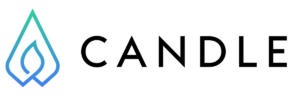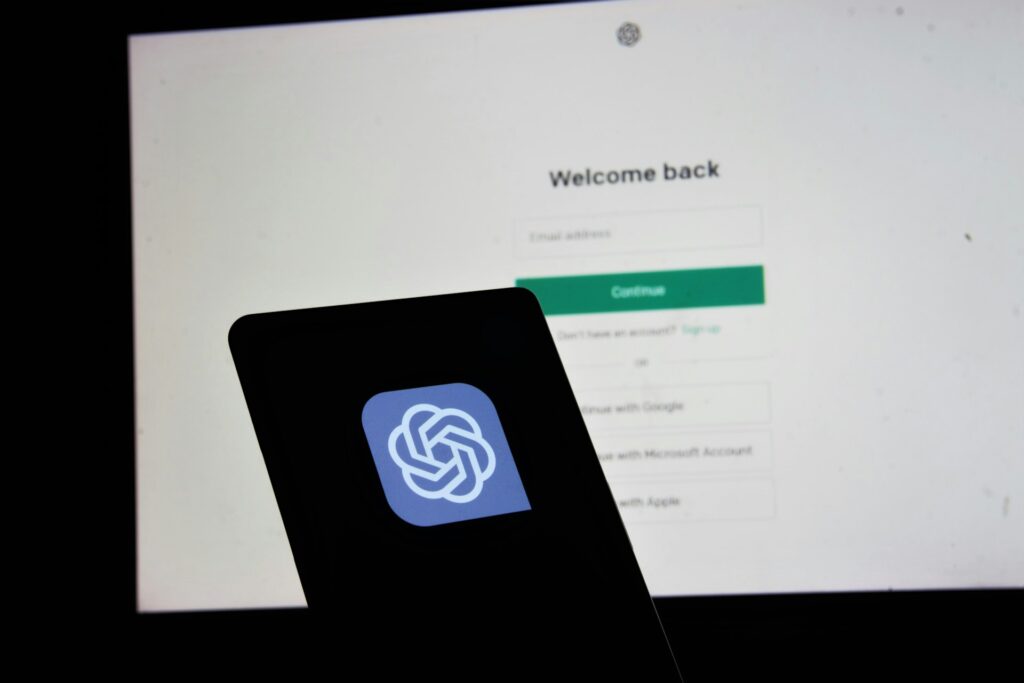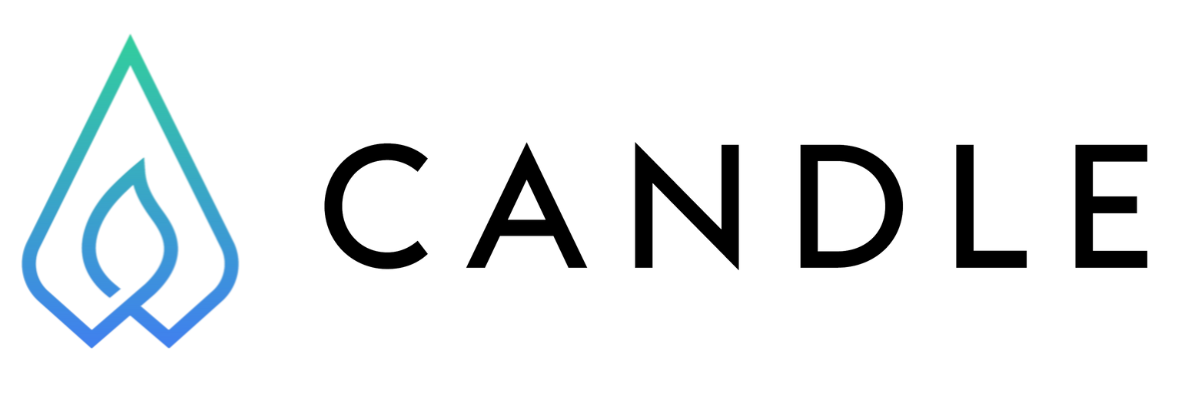The advent of modern AI platforms has revolutionized the job search process and profoundly altered the landscape of employment and recruitment. At the end of 2023, AI will have integrated itself into the fabric of our daily lives, and its influence on the job market is palpable and escalating.
Where AI Stands Today
Today, machine learning algorithms, natural language processing, and predictive analytics have become standard tools in the recruiter’s toolkit, enabling a more efficient, targeted approach to hiring. Applicant tracking systems use AI to match candidates with jobs, parsing through millions of profiles and their metadata to find the right fit. AI-driven chatbots pre-screen candidates, answer FAQs, and schedule interviews, streamlining the process significantly.
Current AI Tools in the Job Market
A plethora of tools have emerged. AI platforms like HireVue offer video interviewing solutions that analyze candidates’ word choice, speech patterns, and facial expressions to assess their suitability for a role. Resume screening tools, such as Pymetrics, use AI to evaluate candidates’ soft skills and personality traits by analyzing their behavior in gamified tests. These tools aim to reduce unconscious bias and improve the quality of hires.
The Human Impact
The human impact of AI in job searching is multifaceted. For job seekers, AI can be a double-edged sword. On the one hand, it can unearth opportunities that might have remained hidden. Conversely, it creates a barrier where only those who know how to optimize their resumes for AI screening algorithms make it past the first hurdle.
There’s a growing need for job seekers to adapt, learning to ‘speak’ to the algorithms between them and their next job. This has led to a new resume optimization service industry, which promises to tailor a candidate’s resume to get past the automated gatekeepers.
AI has been a boon for recruiters, significantly reducing the hiring time and helping to identify the best candidates out of a vast applicant pool. It also poses challenges, though, as they must ensure the AI tools they use are accessible from the biases that can be inherent in their programming.
Looking to the Future
The future of AI in job searching promises even greater integration and sophistication. We may see the rise of personal AI job search assistants capable of finding roles and applying for them on behalf of candidates. Predictive analytics could evolve to the point where AI can forecast hiring trends, preparing job seekers and employers for shifts in the job market.
Moreover, as AI advances, there’s the potential for a significant shift in the available jobs. Automation and AI could replace some roles, but they will also create new ones, particularly in tech and AI ethics.
Conclusion
The significance of AI in the job search process is undeniable. It has streamlined hiring, broadened opportunities for job seekers, and necessitated a new form of literacy in the job market. As AI evolves, so too must our approach to employment and recruitment. While there are challenges, particularly in ensuring equitable and unbiased hiring practices, the potential benefits of AI in the job search realm are immense.
The human impact remains the heart of the discussion. After all, the job search process is about people finding their place in the world of work. AI can help, but it must be managed wisely to ensure that it enhances rather than detracts from the human element of hiring.
The future holds great promise, but our collective responsibility is to steer this technology toward outcomes that uplift and enable job seekers as well as assisting employers.







